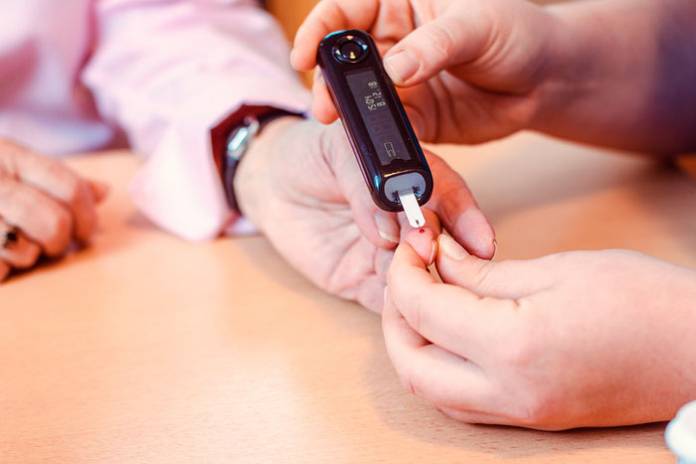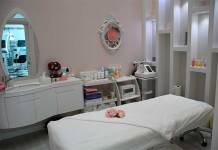
In the months since Covid-19, or the coronavirus has appeared and spread across the globe, doctors and scientists have rushed to learn as much as they can about it. The faster they learn, the more likely they will be able to find a vaccine, or at least better ways of treating those who show symptoms.
While it’s true that those in their 60s and older are the highest risk group, it has killed plenty of younger individuals. The rioting related to George Floyd’s death has only increased the spread. Those who are taking to the streets demanding social justice often pack themselves in close together and some of them neglect to wear masks.
Those who protest, though, do so voluntarily. Many individuals are effectively immobile, and they seem to have little choice but to wait until the virus comes to them. It is those in nursing homes and assisted living facilities that seem to be in more danger than many other demographics.
Nursing Home Residents with Immunocompromised Conditions
In many states, as scientists try to track coronavirus deaths, they see that nursing home deaths make up a hefty portion. For instance, in Rhode Island, nursing homes account for 73% of recorded coronavirus deaths. New Hampshire is right behind them, with 72%.
You might have heard the term “immunocompromised” as related to those who are at high risk. This refers to an individual whose immune system is impaired.
Many of those in nursing homes might be in this category. Some conditions that can lead to an immunocompromised state include those who are weakened by long-term smoking, or those who have undergone recent cancer treatments. Other high-risk groups have gone through prolonged corticosteroid usage, or bone marrow transplant or organ recipients.
Taking Precautions
The reason why so many individuals in nursing homes and assisted living facilities are dying is because many of these conditions apply more commonly to older people. Nursing home residents sometimes don’t feel like they have anywhere to go, either. They’re in there because they can no longer take care of themselves.
Unfortunately, the nurses, caregivers, or even doctors who run these facilities sometimes haven’t been as careful with safety precautions as they might have been. One reason is the late pandemic response. The virus might have spread to some of these facilities before masks and sanitary measures were in place.
Even once the Trump administration acknowledged the severity of what was happening, there was little consensus on what actions to take. Much of the public trust the CDC and follow their advice, but others have continued downplaying the extent of what’s happening, even with the rising death toll.
Continued Uncertainty
Amazingly, the pandemic has become a partisan issue, with some states defying medical and scientific advice and reopening much earlier than doctors and scientists say is wise. Those in nursing homes can do nothing about this, though. They’re more or less a captive audience.
All these individuals can do is request that those who are taking care of them wear masks and other protective equipment. They can practice social distancing from their neighbors, the other individuals in these facilities with them.
The real question is whether that can be enough. Some of these people might not even be fully aware of this public health crisis. They might not have access to news sources, and their caretakers might not be going out of their way to keep them informed.
Relatives in Nursing Homes
If you have a relative in assisted living or a nursing facility, then you are responsible for checking the conditions. You should go and speak to the staff and learn the details of what they’re doing to keep your loved one safe. Immunocompromised individuals need help where they cannot help themselves.
If you feel that the facility conditions where you’ve placed an older relative are unsuitable, you might have to consider moving them somewhere safer or even having them move in with you. However, that’s only a viable option if you have the expertise, equipment, and access to the medication that they need.
Every situation is different, with the individual in question, and the facility in which they live. You might visit the nursing home or assisted living facility and feel like everything is under control.
If you don’t believe that to be true, you owe it to your vulnerable relative to look into other options. If they can no longer take care of themselves, then the responsibility falls on you.











